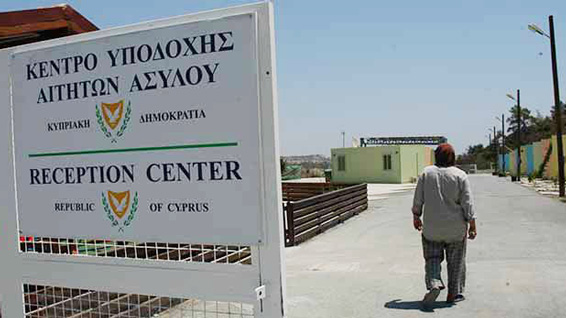“Despite some progress made in immigration law and policy, Cyprus’ asylum system still suffers from a number of shortcomings that need to be urgently redressed”, said today Nils Muižnieks, Council of Europe Commissioner for Human Rights, while releasing a report based on his visit to Cyprus carried out from 7 to 11 December 2015. The report focuses on the human rights of asylum seekers, refugees and immigrants and on the impact of the economic crisis on vulnerable social groups.
While welcoming some positive developments, such as the increase of refugee status recognition rates and the end of the practice of detaining Syrian asylum seekers, the Commissioner recommends remedying the long-standing problems of the asylum system, including lengthy procedures, limited access to legal aid and the risk of deportation before the final determination of asylum claims.
Concerns remain about the widespread use of lengthy detention of failed asylum seekers and of other migrants and the practice of re-arresting and re-detaining them. “Cyprus must end the practice of detaining migrants, including asylum seekers, for whom there is no reasonable prospect of deportation.” The Commissioner also calls on Cyprus to improve the identification procedure of particularly vulnerable migrants, such as unaccompanied children, adopt a multidisciplinary approach to determine the age of migrants, ease family reunification rules and improve the reception system for asylum seekers with families and children.
Concerned about the existence of many obstacles to migrants’ integration, the Commissioner invites Cyprus to invest more in social cohesion and integration of migrants by enhancing, in particular, their access to education, employment, health services and political participation. “In this context, it is also crucial to effectively fight and sanction hate speech and other forms of hate crime targeting migrants. Cyprus should also prevent statelessness and improve migrants’ access to citizenship”.
Although he welcomes Cyprus’ efforts and progress made in the fight against trafficking in human beings, the Commissioner underscores the need to take more resolute action in this field. “Cyprus should continue the supervision of private employment agencies and improve the identification of trafficked people. Cyprus should also provide more adequate accommodation and social aid to these persons”.
Lastly, the Commissioner recommends paying more attention to the impact that the economic crisis has on large strata of society, in particular on children, women, older persons, single-parent households and migrant families. “The implementation of the Guaranteed Minimum Income scheme should be improved and more effective measures are needed to reverse the worrying increase in child poverty. There must be a thorough human rights impact assessment of budgetary restrictions, making sure that these cuts do not adversely affect access to vital sectors of life, such as education, employment and health care”.



